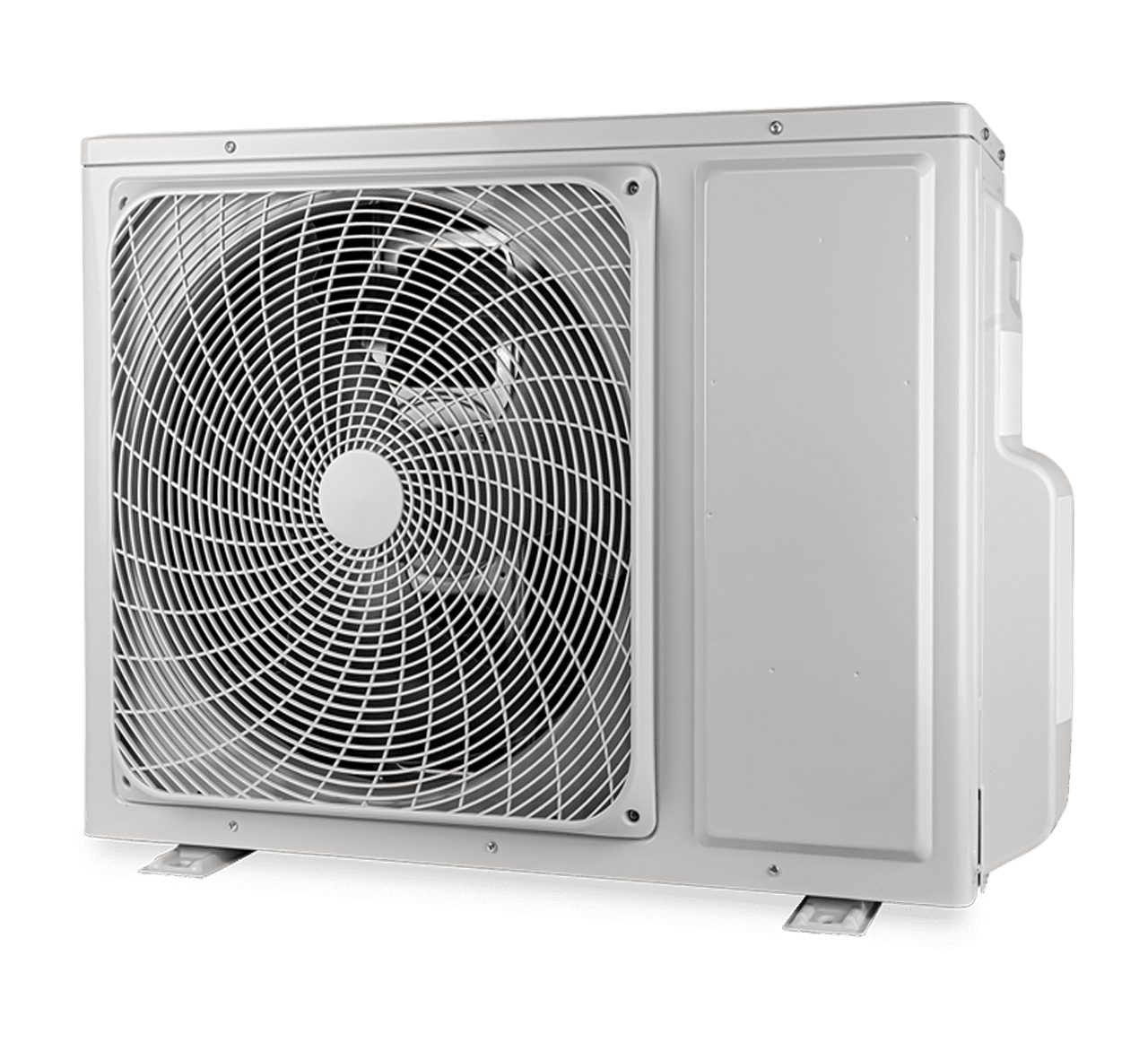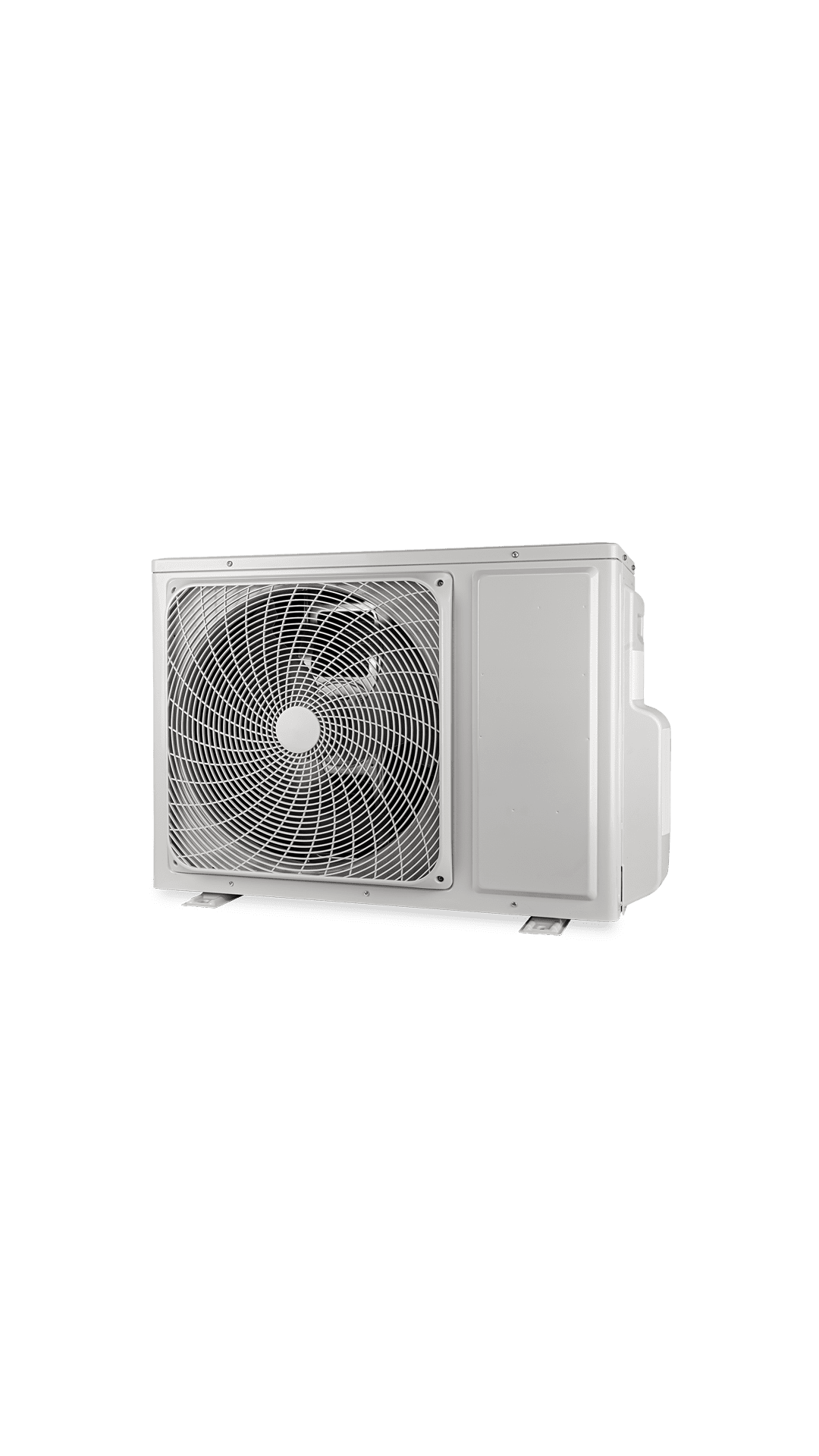Heating and Cooling Services Halifax Homeowners Rely On
For 12 years, Shines Energy has proudly supported Halifax families with dependable heating and cooling services. Our licensed team is committed to maintaining your home’s comfort throughout every season in Canada.
Whether you’re upgrading your furnace, booking AC maintenance, or scheduling HVAC system servicing, Shines Energy provides efficient and professional solutions you can count on. Keeping your home comfortable is our priority—choose Shines Energy for dependable HVAC services, all backed by our complete satisfaction commitment.

For more details, read our reviews:
Read our reviewsFind a home HVAC technician near you:
Serving Halifax and surrounding areas, Shines Energy’s skilled HVAC team offers reliable heating, cooling, and indoor comfort solutions tailored to your specific needs.

We know that time is critical when things go wrong.
When heating, cooling, plumbing, or electrical emergencies arise, Shines Energy acts quickly. Our team is ready to respond 24/7, ensuring help arrives within hours—even on weekends or holidays.
At Shines Energy, our licensed technicians bring expertise in heating, cooling, plumbing, and electrical work. From professional air conditioner installations to seamless heat pump repairs, we take pride in delivering every service with precision and care. Unexpected problems shouldn’t throw off your day, which is why we focus on providing fast, reliable solutions that are built to last. When you reach out to Shines Energy, help is always close at hand—we’re ready to respond quickly whenever you need us.
Find the Right HVAC Solution
Choosing the right system for your home can feel overwhelming, but Shines Energy is here to simplify the process. Our team will carefully assess your property and recommend solutions that align with your space, comfort preferences, and budget. Whether you’re planning a new system installation or scheduling maintenance to keep everything operating at its best, we’re ready to help every step of the way!
Fast Service & Savings
Speed and value go hand-in-hand at Shines Energy. We focus on delivering quick, personalized service that matches your home’s needs while helping you save money. From new installations to ongoing system maintenance, our team moves swiftly to make sure your home stays comfortable and energy-efficient year-round.
Experienced, Skilled & Ready to Help
Backed by years of industry experience, Shines Energy’s technicians are skilled at servicing all brands and models of HVAC equipment. We continuously stay updated on the latest technologies to provide the most effective solutions available. Whether you need urgent repairs, routine maintenance, or help with your plumbing and electrical systems, Halifax homeowners rely on our fast and dependable service.
Located in Halifax and committed to nearby communities, Shines Energy offers dependable HVAC services designed around your comfort and needs.
Need fast, reliable HVAC service in Halifax? Call us at (902) 706-2253 or schedule your service online today!

Our HVAC Services
Ensuring a safe and comfortable indoor environment goes beyond comfort—it plays a crucial role in safeguarding your home and family through Halifax’s unpredictable seasons. At Shines Energy, we deliver a complete range of HVAC services tailored to meet every home comfort need across Halifax and nearby communities. Our factory-trained technicians are ready to handle everything from new system installations and preventive maintenance to repairs and emergency services.
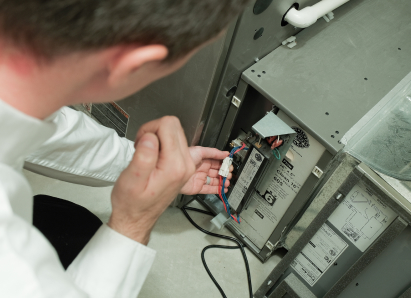
Heating Services
Boilers
We specialize in the installation, maintenance, and emergency repair of hot water and steam boiler systems for year-round home comfort.
Centralized Heating Systems
Our comprehensive services for centralized heating deliver even, consistent warmth across your entire home.
Heat Pumps
Our team handles the installation and servicing of energy-efficient heat pumps that provide both heating during winter and cooling during summer.
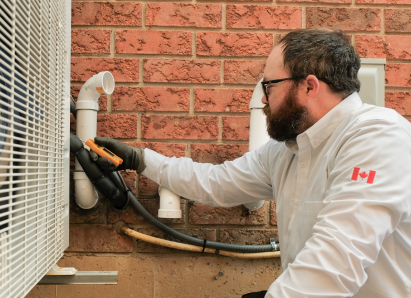
Air Conditioning Services
AC Installation
We ensure your air conditioning system is properly sized, positioned, and installed to maximize energy savings and cooling performance during Halifax’s warm months.
AC Inspection
Stay ahead of breakdowns with our detailed inspections that catch air conditioning problems early.
AC Repair
We provide fast and dependable AC repair services for all brands and models, including emergency repairs when needed.
Heat Pumps
Our efficient heat pump systems offer cooling in the summer and heating in the winter to keep your home comfortable all year.
UV Air Purifiers
Installation and upkeep of UV air purification systems that integrate seamlessly with your HVAC to reduce airborne contaminants.
Humidifiers
We offer full installation and maintenance of whole-home humidifiers to maintain optimal indoor air moisture levels.

Water Heaters
Water Heater Repairs
Our technicians are ready to repair all types and brands of water heaters when issues arise, restoring your hot water quickly.
Water Heater Installation
We handle complete water heater installations, including proper sizing, connection setup, and safe removal of your old unit, with a focus on energy-efficient replacements.
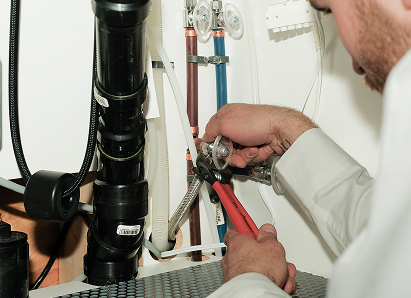
Plumbing Services
Faucets
We install and repair faucets throughout your home with professional attention to functionality and design.
Emergency Plumbing Service
Available 24/7, our emergency plumbing response ensures urgent issues are handled without delay.
Plumbing Repairs
From leaking pipes to major repairs, we cover all plumbing concerns with lasting solutions.
Sinks
Shines Energy installs and services kitchen, bathroom, and utility sinks with expert craftsmanship.
Sump Pumps
Protect your basement from flooding with our sump pump installation, inspection, and repair services.
Toilets
We offer prompt toilet repair and replacement with minimal disruption to your home’s routine.
Water Quality
Improve the safety and quality of your home’s water with our tailored filtration and treatment systems.
Halifax’s Residential HVAC Service Professionals Since 2013
Over 12 Years of Proven Expertise You Can Rely On
For over a decade, Shines Energy has been the trusted choice for dependable HVAC services in Halifax, serving both homeowners and businesses with pride. Our extensive experience reflects a strong commitment to exceptional craftsmanship and customer satisfaction. With thousands of successful installations and repairs behind us, you can rely on our expertise to handle all your heating and cooling needs in Halifax.
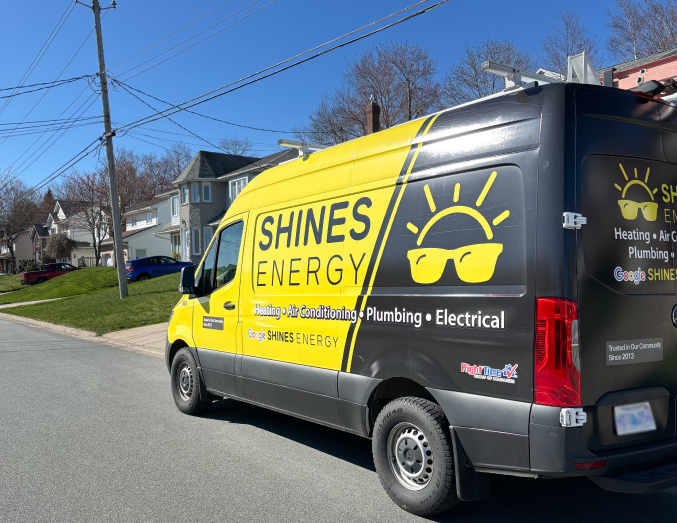
24/7 Emergency HVAC Service
Emergencies rarely happen at convenient times, which is why Shines Energy offers around-the-clock emergency HVAC services in Halifax. No matter the hour or day, our technicians are prepared to act swiftly to restore your heating, cooling, or plumbing systems—bringing comfort back to your home when it matters most.
Certified, Background-Checked Professionals
Shines Energy ensures that every technician who enters your home is professionally certified, thoroughly trained, and background-checked for your complete confidence. You can rest easy knowing our HVAC specialists are highly skilled, reliable, and committed to delivering top-quality service at every visit.
Upfront, No-Surprise Pricing
At Shines Energy, transparency is a top priority. We offer clear and detailed estimates before any work begins, so you’ll always know what to expect. Our straightforward pricing approach guarantees no hidden fees or surprise costs, helping you make informed decisions that respect your budget.
Satisfaction Guaranteed
We believe your comfort deserves our full commitment. Shines Energy proudly stands behind every service we provide, offering a comprehensive satisfaction guarantee. If, within the warranty period, you are not fully pleased with the heating and cooling solutions we deliver, we’ll make sure we address it quickly.
Complete Home Comfort Solutions
More than just an HVAC company, Shines Energy offers a wide range of services to enhance your home’s overall functionality and comfort. Our integrated approach covers heating, cooling, plumbing, electrical, air quality systems, and more—ensuring every system in your home works together seamlessly.
Hear from Halifax Homeowners Who Choose Our HVAC Services
They had financing available through their partners at generous terms. I also learned through chatting with the guys that everyone at Shines is an employee, rather than subcontractors, so you can rest assured that the people they send are invested in the success of the install. I was very nervous to have this fairly significant work done, but the Shines team made it easy.
I had the guys out to clean both my cassette heat pump and wall head. Sorry if that's the wrong terminology. I had been unable to find a company which would clean the cassette head but the guys did today and they were fantastic! They were very efficient and did a wonderful job that was quite labor intensive. I am sorry happy I found Shines Energy and they will ge my go to for all my heat pump needs. Thanks again guys you're the best!
When it came time to carry out the install, we were pleasantly surprised by the number of technicians that were delegated to carryout the install. There was two Electricians named Chris and Ryan, and 4 other technicians named Connor, Tom, Kyle, and Mike that carried out the installation of the indoor, and outdoor components of our new Heat Pump system.
Having this many people delegated to the job, allowed the work to be finished in a very timely manner. We are extremely happy with the end result. A very efficient Heat Pump system, that by all accounts seems to be working well because it was properly installed by a great team of installers.
